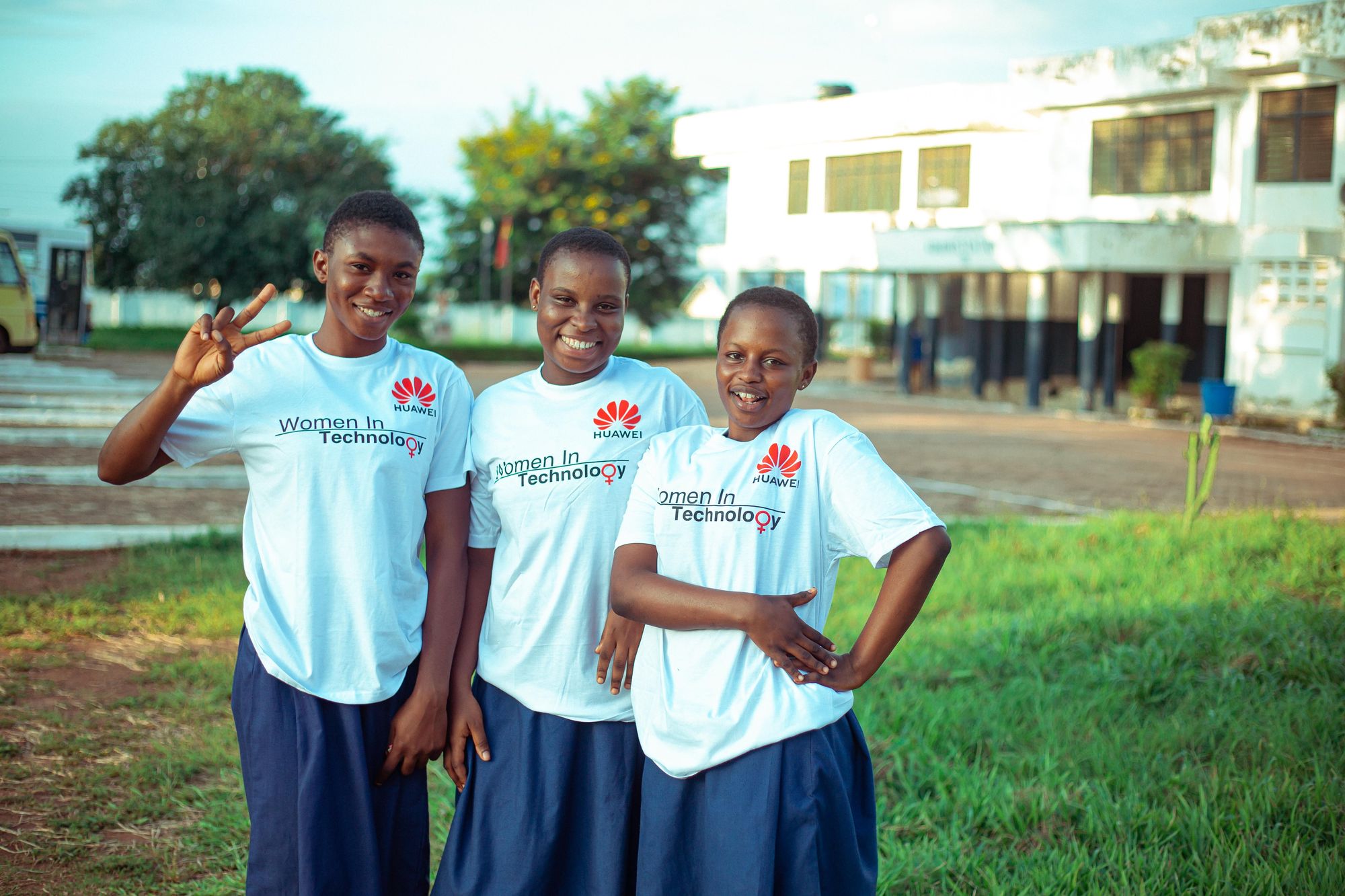Huawei Plans To Extend Internet to Special Needs Schools in Kenya

Huawei Kenya is extending internet connectivity to children in special needs schools in a bid to bolster the learner’s access to the net. 6 special needs schools will be linked to the national fiber optic cable in the second phase of the Digischool program that will cover a total of 16 primary and secondary schools.
Huawei Kenya Deputy CEO Steven Zhang said that Digischool has been designed to enhance the learning experience for students across schools in Kenya and to improve the overall administration of these institutions.
“Huawei has spent 25 years helping build networks, connecting mobile devices, homes and government offices across the country. It is important for schools not to be left behind so as to prepare learners for their future careers in a digital economy by being connected and developing relevant digital skills,” said Zhang.
Following the completion of the Digischool program’s first phase in which 13 schools were connected to the National Fiber Optic Cable, the program will now prioritize and expand school connectivity to further enhance education quality, accessibility, and equity. They will also extend training in digital skills and the responsible use of the Internet for teachers, school administrators, learners, and where applicable, parents.
In addition, they intend to develop guidelines within schools to regulate the use of the Internet and tech gadgets as well as continue to connect schools via National Optic Fiber Backbone Infrastructure (NOFBI), as it is both affordable and reliable.
The partners announced that they will step up collaboration to rapidly provide sustainable and affordable Internet connectivity to all schools in a way that minimizes the initial connectivity costs and recurring expenditures. Establish community Internet hubs to facilitate online access for the community surrounding schools.
“We established from the first phase that schools were able to achieve at least Kshs 120,000 in cost savings per term on internet bundles by being connected to the national fiber optic cable,” explained Zhang.
On his part, Principal Secretary for Basic Education, Dr. Belio Kipsang said: “The government seeks to expand internet connectivity to all schools in the country in line with the Digital Masterplan and the Digital Superhighway Pillar of the Bottom-Up Economic Transformation Agenda Plan.”
He further added “Internet enhances access to, and equality of, education for learners in rural areas, particularly girls and those with disabilities. I want to thank Huawei through their TECH4ALL initiative and UNESCO for their collaboration with the government to provide sustainable internet connectivity to the government’s fiber-optic network.”
Digischool’s initial phase revealed that the Internet boosts not just education quality, but also the education environment and the attitudes of learners and teachers. It also showed that teachers and learners use a variety of online platforms and tools, particularly YouTube and interactive quizzes.
